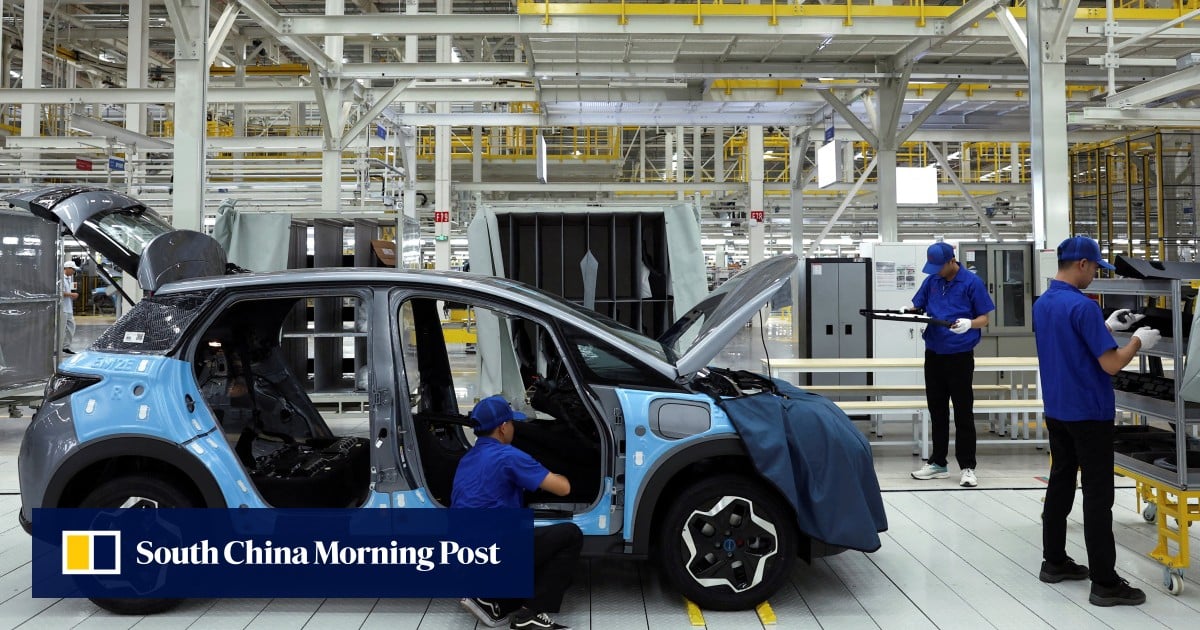


Malaysia is positioning itself as Southeast Asia's electric vehicle (EV) production hub, bolstered by Hyundai's recent announcement of a US$500 million investment for a second assembly plant in Kulim, Kedah. This investment is part of Malaysia's broader strategy to attract new partners amid ongoing US-China trade tensions, as highlighted by Prime Minister Anwar Ibrahim during his official visit to South Korea [f07b7557].
The new Hyundai plant will have the capacity to assemble up to seven different car models, marking a significant step in Malaysia's EV ambitions. This development comes on the heels of Malaysia's recent admission into the Brics bloc in October 2024, indicating a shift in its international trade relationships and economic strategy [f07b7557].
In 2024, total trade between Malaysia and South Korea reached an impressive 91.1 billion ringgit, with South Korean firms investing 61 billion ringgit in Malaysia during the same period. This investment landscape underscores the growing economic ties between the two nations and reflects Malaysia's efforts to enhance its automotive sector [f07b7557].
Meanwhile, Hong Kong is also emerging as a key market for electric vehicles, with Schneider Electric announcing plans to quintuple sales of EV chargers in the region. The company aims to sell 15,000 EV chargers by 2026, significantly increasing the current number of 3,300 units. This initiative aligns with the Hong Kong government's goal to expand the number of EV charging points to about 200,000 by mid-2027 [ae72a619].
As of now, Hong Kong boasts 8,056 EV chargers available for public use, with 81,435 registered plug-in EVs. The government has implemented a 'one-for-one replacement' scheme since 2018, incentivizing car owners to switch from petrol cars to EVs. This scheme has been extended until March 2026, further promoting the adoption of electric mobility in the city [c8ed5605].
The surge in EV sales in Hong Kong, where the penetration rate of EVs among private cars exceeded 90% in April 2024, highlights the growing consumer preference for electric vehicles. However, challenges remain, such as the time required to charge EVs compared to refueling conventional cars [c8ed5605].
As both Malaysia and Hong Kong make strides in the EV sector, the landscape for electric mobility in Southeast Asia is rapidly evolving, with significant investments and government support paving the way for future growth [f07b7557] [ae72a619].